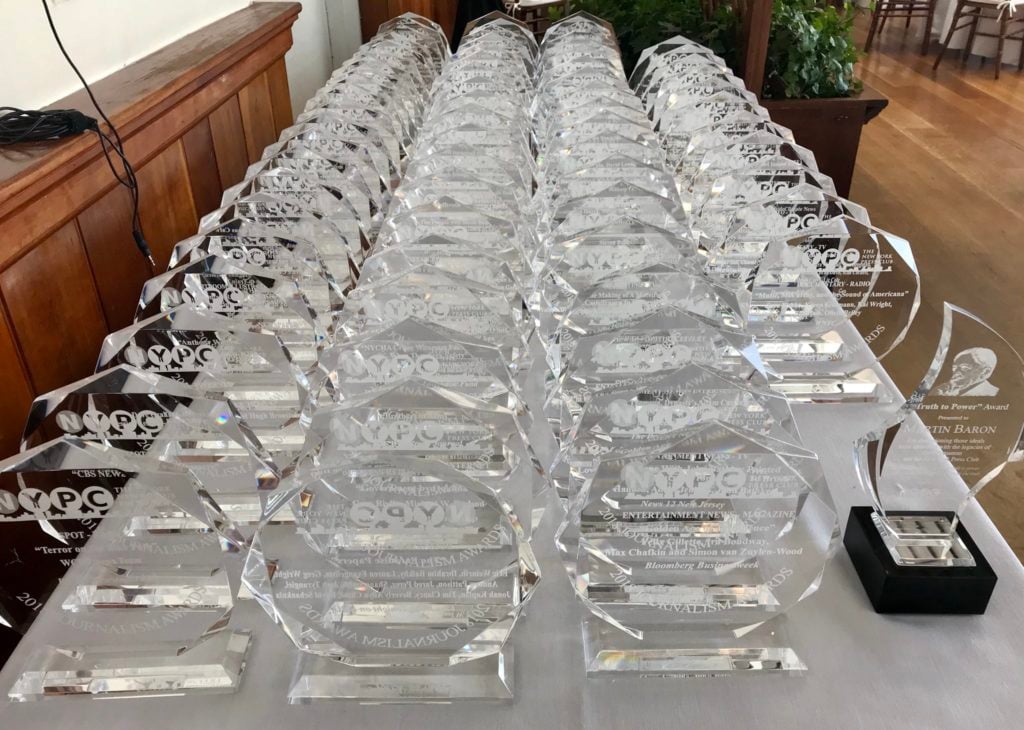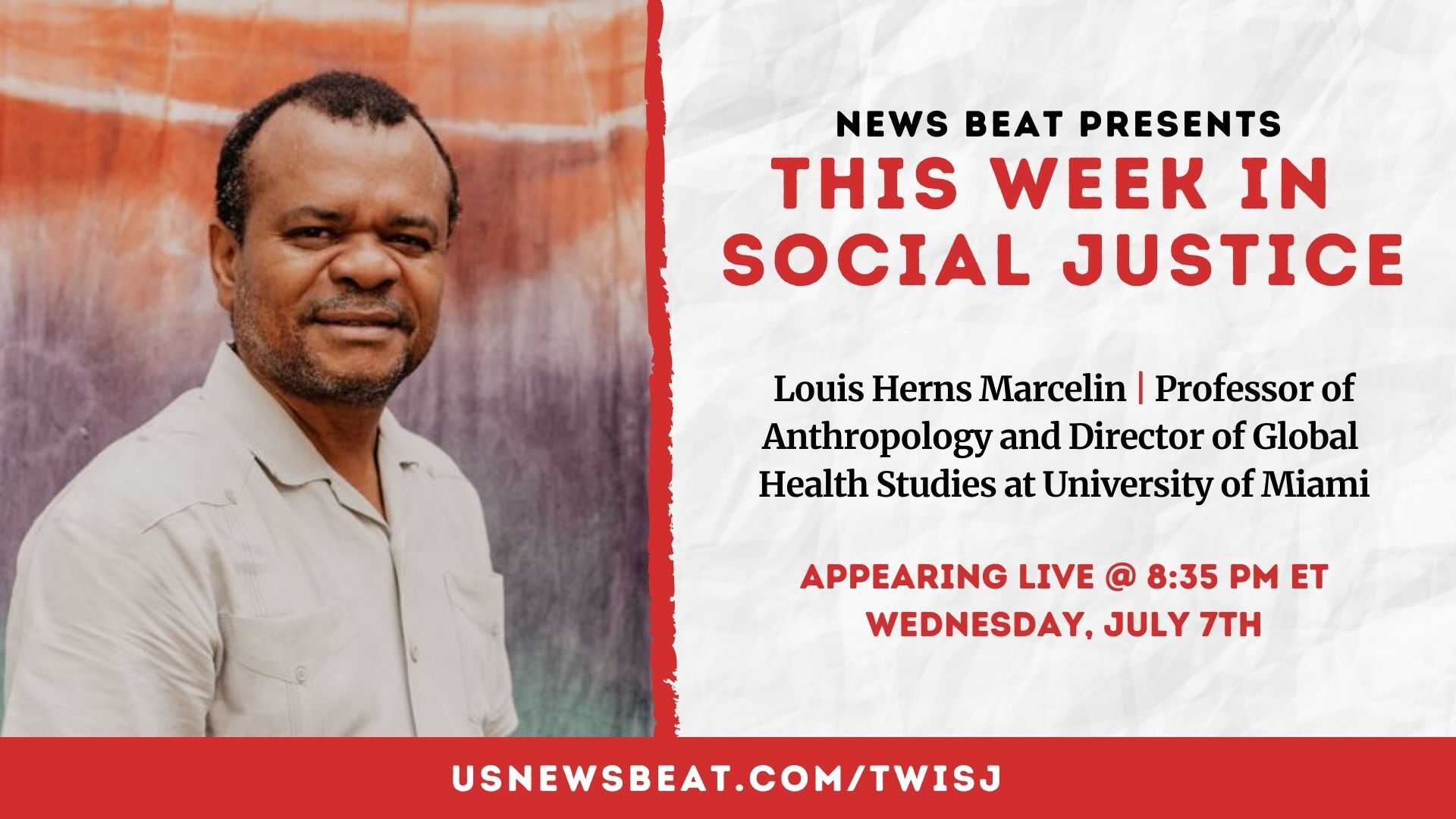While reporting on the 2016 presidential election from the perspective of Muslim Americans, there was a palpable optimism among those I interviewed that their vote would be a deciding factor in the election.
What came across immediately was a presumption of poetic justice: The Republican candidate who spewed pernicious and vile remarks about Muslims would see his hopes dashed by the very people he strategically manipulated to foment fear in white voters.
Then-candidate Donald Trump was not shy about his vision of Trumpian America. He claimed in a nationally televised interview that “Islam hates us,” and on multiple occasions vowed to end Syrian migration into this country. Not only that, the United States would ban all Muslims from entering the country, he said, to rousing cheers. While border agents would be busy effectively walling off America to brown people, native and transplanted Muslims would have their mosques spied upon while the government built a database full of Hijab-wearing woman and people named Mohammad.
No one was safe — not even Gold Star parents brandishing pocket-sized Constitutions and invoking Trump’s name on national television.
Despite the inflammatory rhetoric from the new GOP standard bearer, Muslims were hopeful that the very country that once welcomed them with open arms and facilitated prosperity — especially in affluent neighborhoods of Long Island where I was reporting — would reject such unfiltered xenophobia.
What was most impressive was the way in which American Muslims organized. Even during the hotly contested primaries, three out of four Muslim voters surveyed said they planned to head to the polls, with more than two-thirds voting Democrat.
In Florida—a swing-state that later helped sway the election in Trump’s favor—nearly 80 percent of Muslims were said to have turned out for the primaries alone, Ghazala Salam, executive director for Emerge USA in Florida, a non-profit advocacy group that encourages voter participation in crucial swing states, told me at the time.
There were grassroots voter mobilization operations developing nationwide in a way that seemed to suggest Trump’s anti-Islam message was actually empowering Muslims to vote against the party they once overwhelmingly supported. Indeed, only 16 years prior, but what now feels like a lifetime ago, 70 percent of Muslims voted for George W. Bush.
“The stakes are high,” one Muslim leader on Long Island told me.
That was before anyone thought Trump had a legitimate chance at taking the White House. Given the rhetoric, he added, “This is a matter of life and death.”
Listen to "Hijacking Jihad"
Years of Suspicion
I personally had never encountered such anxiety among the Muslim population — which would seem to be an understatement, if not for unyielding Islamophobic sentiment throughout the years.
To understand where I’m coming from you have to consider the experience of Muslim Americans on Long Island and the greater New York region since Sept. 11, 2001. Beyond the public animosity toward Muslims in the months and years after the attacks, two other events specifically came to symbolize the way in which Muslims had been thoroughly stigmatized.
First were the revelations from the Associated Press that the NYPD spied on Muslims in the five boroughs, New Jersey, and on Long Island. The world’s largest police department essentially dropped a dragnet on mosques and popular eateries and businesses, documenting innocent and mundane encounters over a sprawling region. The Demographics Unit, as it was called, created what amounted to be a Yellow Pages-like town-by-town directory of mosques that included photos of buildings along with uninteresting written observations.
The unit was disbanded in 2014, two years after the chief of the NYPD Intelligence Division admitted under oath that the spy program did not generate a single lead. Its clandestine operations became the subject of multiple lawsuits, one of which ended in a settlement that prohibits the NYPD from investigations in which “race, religion, ethnicity, or national origin is a substantial or motivating factor,” and created a civilian representative position inside the police department.
NYPD espionage “created a pervasive climate of fear and suspicion, encroaching upon every aspect of individual and community life,” the CUNY School of Law reported in 2013.
The second was the controversial “Muslim Radicalization hearings” spearheaded by Congressman Peter King, a Republican from the South Shore of Long Island.
It was a tense time on the island. Protesters rallied outside King’s office and shouted chants comparing him to the infamous “communist”-hunting U.S. Senator Joseph McCarthy.
The hearings became a rallying cry for hardliners on immigration, and they adjoined with vocal critics of the proposed Cordoba Project, or the so-called “Ground Zero Mosque,” which was not able to withstand public pressure. Just days before the first of King’s series of Muslim-related hearings was set to take place, Muslim advocates and their detractors held duel rallies blocks from each other near Times Square.
“Never Forget 9/11: No Jihad Mosque,” read one sign. “No Sharia Law in the USA!” promised another.
“To back down would be a craven surrender to political correctness and an abdication of what I believe to be the main responsibility of this committee — to protect America from a terrorist attack,” the outspoken King said in his opening remarks of his March 10, 2011 hearing.
Listen to "Radical Caucasian Extremism"
Then Came Trump
Of course, anti-Islam rhetoric did not take a break between King’s hearings and the congested race to become Barack Obama’s successor. The multiple wars abroad and continued suspicion at home, especially following the Boston Marathon bombing, meant Muslim Americans would never fully be out of the spotlight.
Trump’s rhetoric, however, was something else entirely. But once he was elected, he turned his campaign language into action, issuing an executive order blocking people from seven predominantly Muslim nations from entering the country just days after he was inaugurated. Confusion ensued. Travelers were effectively detained at airports, including those with valid visas. Refugees promised a new life were placed in further limbo.
The message was clear: Muslims are not welcome.
Given the many manufactured crises over the past year and incessant coverage of the myriad Russian investigations, it’s nearly impossible for people to focus their outrage. Aside from the Women’s March, the most dramatic collective reaction to one of Trump’s policies was the instantaneous protests at airports across America in the wake of his initial travel ban.
With Trump’s failed efforts to repeal Obamacare, his decision to drop out of the historic Paris Climate Accord, 1 percent-friendly tax overhaul and relentless attacks on the media, the public’s attention on his multiple travel bans and intervening lawsuits has waned. Even if cable news modestly backed off “Russia, Russia, Russia!” we’d still be so knee-deep in White House tomfoolery that the simple act of coming up for air to reflect on the implications of these travel blacklists and Islamophobic comments — his sharing of tweets from a fringe far-right group in the United Kingdom comes to mind — it’d still be difficult to imagine the type of demonstrations that occurred in response to Travel Ban 1.0.
Yet even with one controversy after the next (almost forgot to mention “Rocket Man” and nuclear button sizes) one common thread of this administration has been its steadfast hostility toward Muslims.
Just consider Trump’s reaction to the horrific tragedies of recent months: After the brutal November church massacre in Texas that killed 26, Trump issued a measured response. When later asked about how he’d like to address gun policy, he demurred, saying it was too soon to talk about gun control. Contrast that with the attack in New York City days earlier that claimed eight lives, in which Trump lambasted U.S. immigration policy and seemed to endorse the idea of sending the suspect to Guantanamo.
That very same month, Trump shared three anti-Islamic videos on Twitter from the nationalist Britain First group purportedly depicting Muslim violence, prompting widespread condemnation.
That Trump would share nationalist propaganda perhaps isn’t surprising given his past comments about Islam and Muslims, but the fact that he’d do so just weeks after the FBI reported yet another increase in hate crimes against Muslims suggests the president is oblivious to the plight of the citizens he ostensibly represents.
Or he’s stoking that discriminatory fervor intentionally.
While reported hate crimes spiked across the board in 2016, anti-Islam hate crimes jumped 20 percent. (2015 saw a 67-percent increase in anti-Muslim hate crimes.) There’s also reason to believe that these numbers don’t tell the whole story. According to ProPublica, the FBI does not compel local law enforcement agencies to share hate crime stats; and perhaps as a result, more than 1,000 agencies across the country fail to do so.
“Local law enforcement agencies reported a total of 6,121 hate crimes in 2016 to the FBI, but estimates from the National Crime Victimization Survey, conducted by the federal government, pin the number of potential hate crimes at almost 250,000 a year — one indication of the inadequacy of the FBI’s data,” ProPublica reported.
Perhaps even more troubling were the reports of a rise in anti-Muslim bullying in 2016—and not only for school students.
According to a study conducted by the Council on American Islamic Relations (CAIR), 36 percent of hijab-wearing respondents reported being victims of having their “hijab tugged, pulled or other forms of offensive touching” — representing a 7-percent increase from 2014. In the same study, 38 percent of those surveyed said they were the subjects of bullying or discrimination by teachers or administrators.
For the most part, it’s stories like these that fall victim to the never-ending presidential news cycle. With multiple wars abroad and an openly hostile administration, there’s little to show that the situation for Muslims will improve in 2018 and beyond. There are thousands of Muslim children born after 9/11 who know nothing else other than war, bigotry, and resentment based solely on their religion.
After the election, interfaith leaders and local officials on Long Island committed to holding monthly meetings for immigrants about how to move forward. During one session inside a public school, a woman turned to the panelists and admitted her deepest fears.
“I’m really just tired of being scared,” she said. “I do not feel safe being overtly Muslim.”
That’s the climate in which we live. And a climate of fear cannot be defeated when there’s complete apathy among the citizenry and government. People will continue to live in fear until they’re able to finally emerge from the shadows and no longer be seen as a threat to the very nation they call home simply because of the god they worship.




.jpg)





